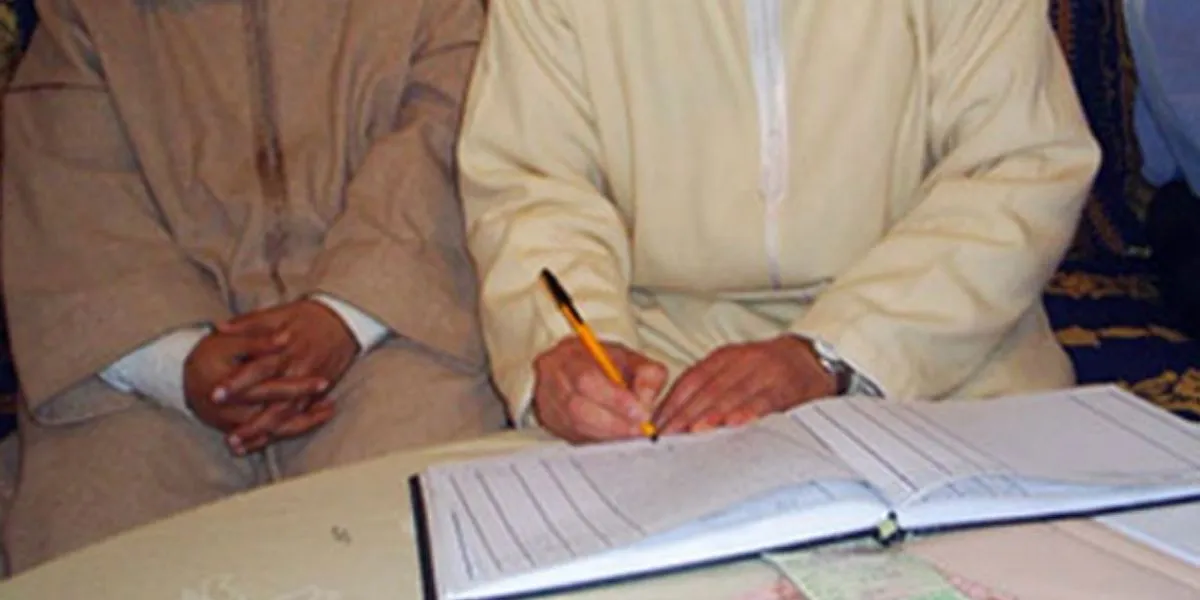The Moroccan government has taken a significant step toward reforming the traditional profession of Adoul, a judicial officer responsible for recording legal acts and safeguarding personal and contractual rights. During a cabinet meeting held Thursday in Rabat, chaired by Prime Minister Aziz Akhannouch, officials approved a long-anticipated bill introduced by the Minister of Justice. The version adopted includes several adjustments made after prior rounds of discussion.
This legislative overhaul aims to modernize a profession still governed by a 2006 law, aligning it with broader efforts to revamp Morocco’s judicial system. The proposed law underscores the central role that Adouls play in ensuring the legal traceability of rights and transactions. Their work—certifying contracts, registering legal acts, and validating family and civil records—is vital to protecting both individual identity and legal certainty in personal and commercial matters. By documenting these acts, they help prevent disputes and reinforce trust in the legal system.
One of the most groundbreaking changes in the bill is the formal opening of the profession to women, a long-awaited move that reflects the spirit of the National Charter for Judicial Reform and fulfills Royal directives to promote gender equality in the legal field. While women have historically been excluded from this traditionally male-dominated profession, the new law will make it possible for them to train and serve as Adouls, marking a significant step toward inclusivity in Morocco’s justice system.
Beyond gender reform, the draft law introduces new provisions related to entry requirements, professional rights and obligations, the management of contracts and testimonies, and the preservation of official documents. It also outlines a revamped structure for the National Order of Adouls, aimed at improving governance and professional oversight.
In short, this reform represents a critical update to an ancient institution, retooling it to meet the needs of a modern legal system—more inclusive, more transparent, and more efficient.
